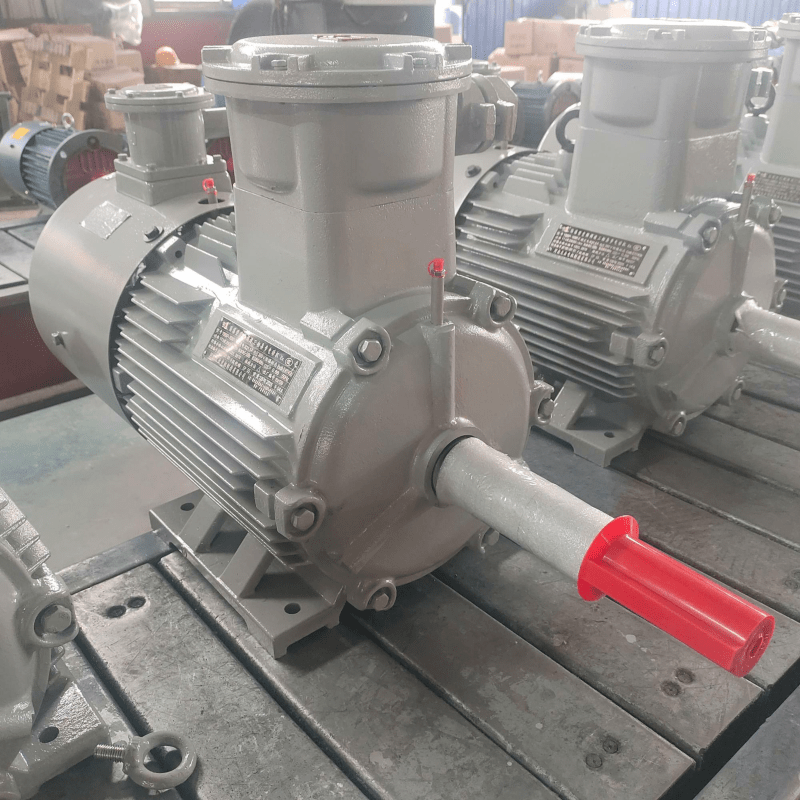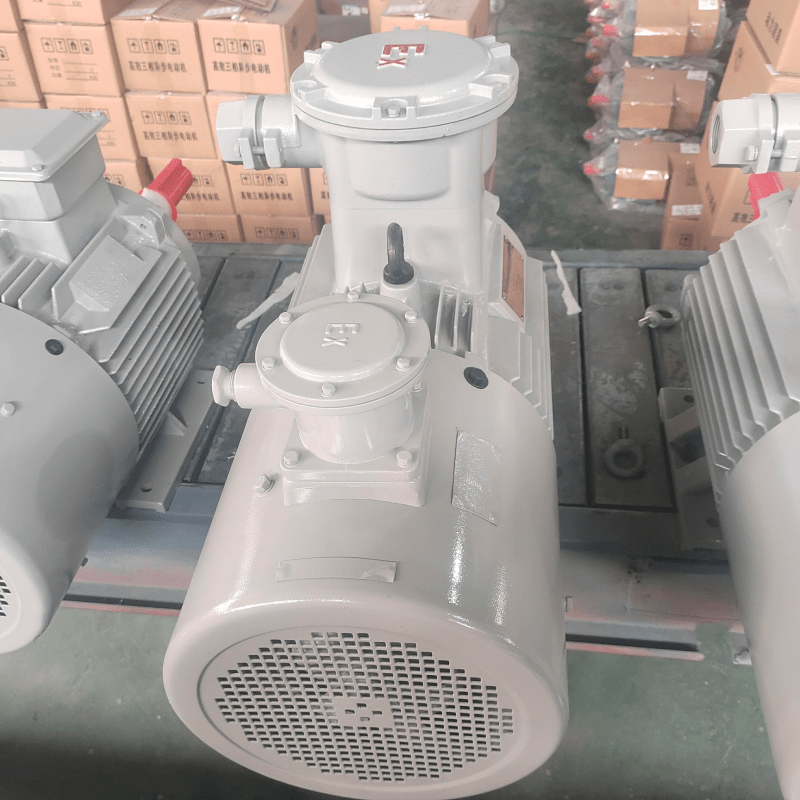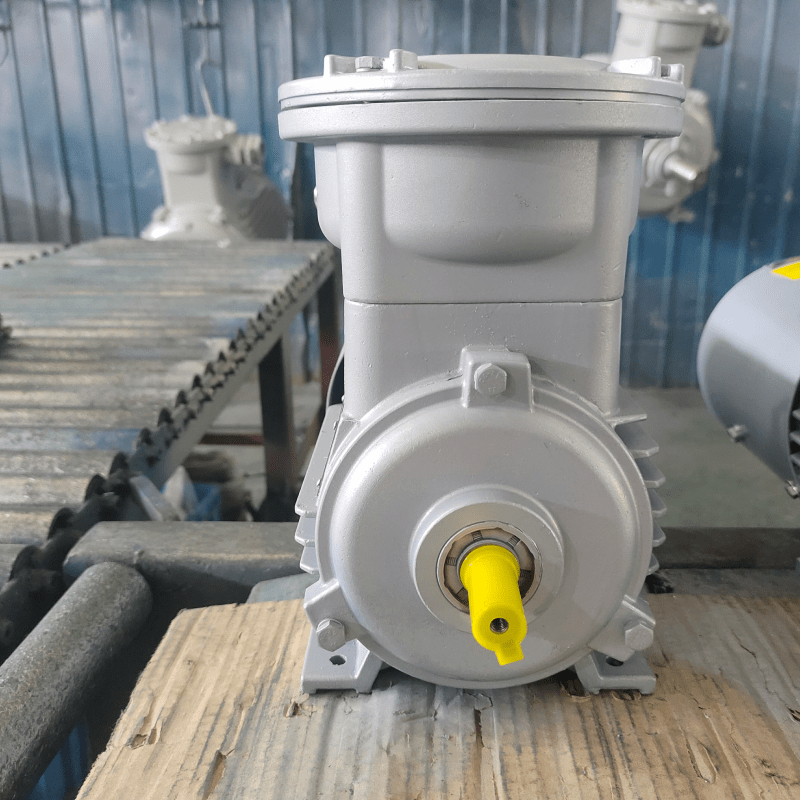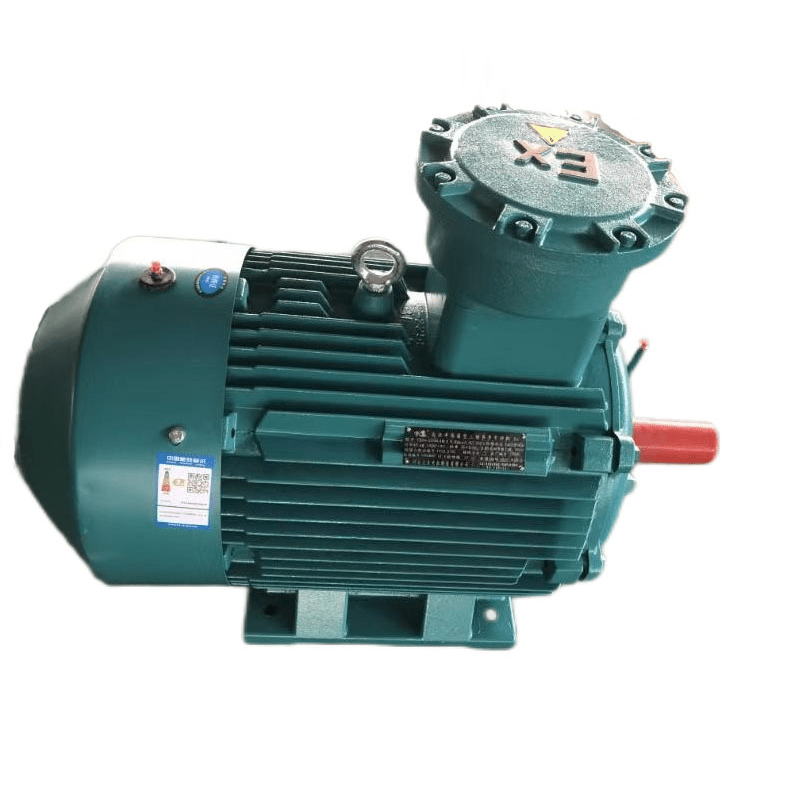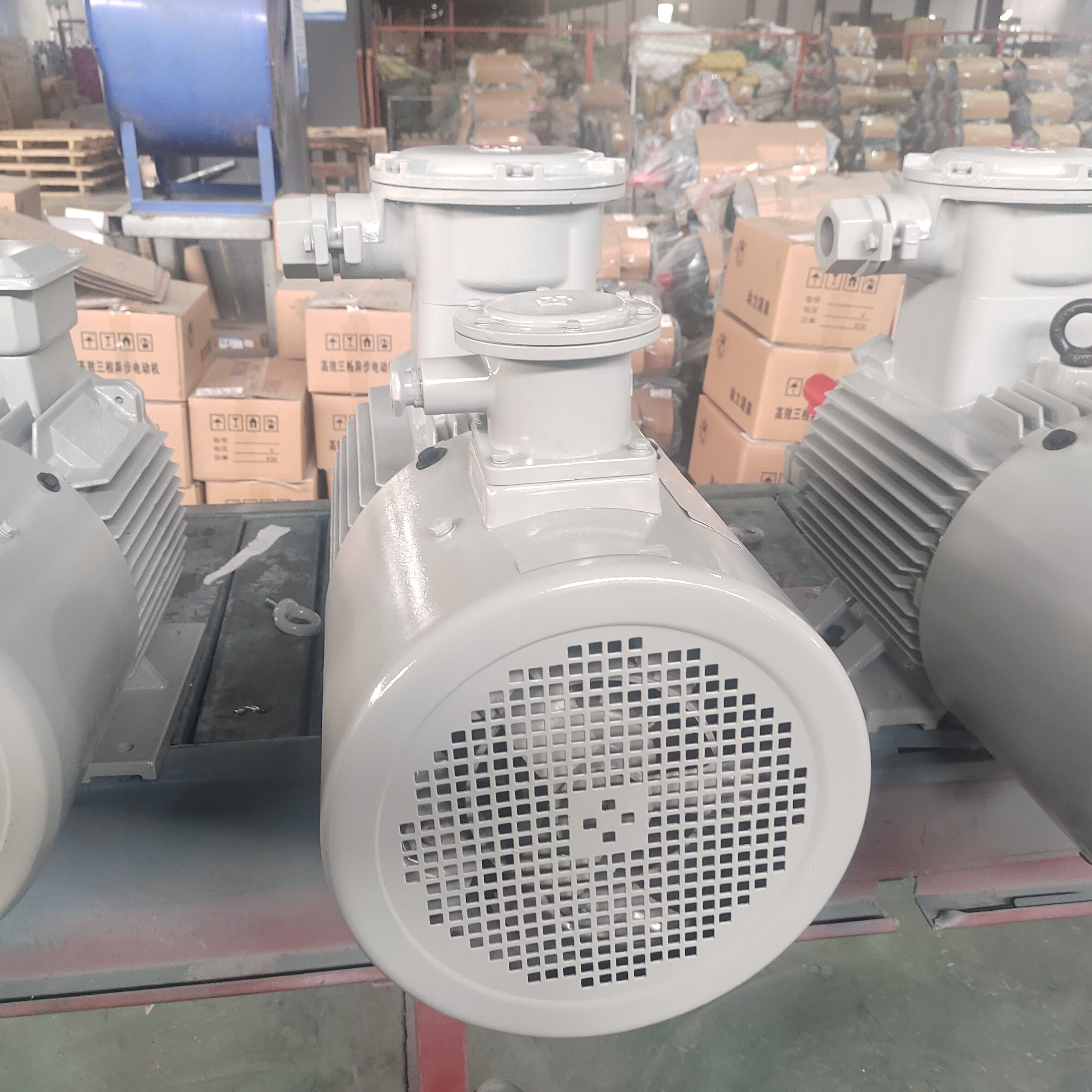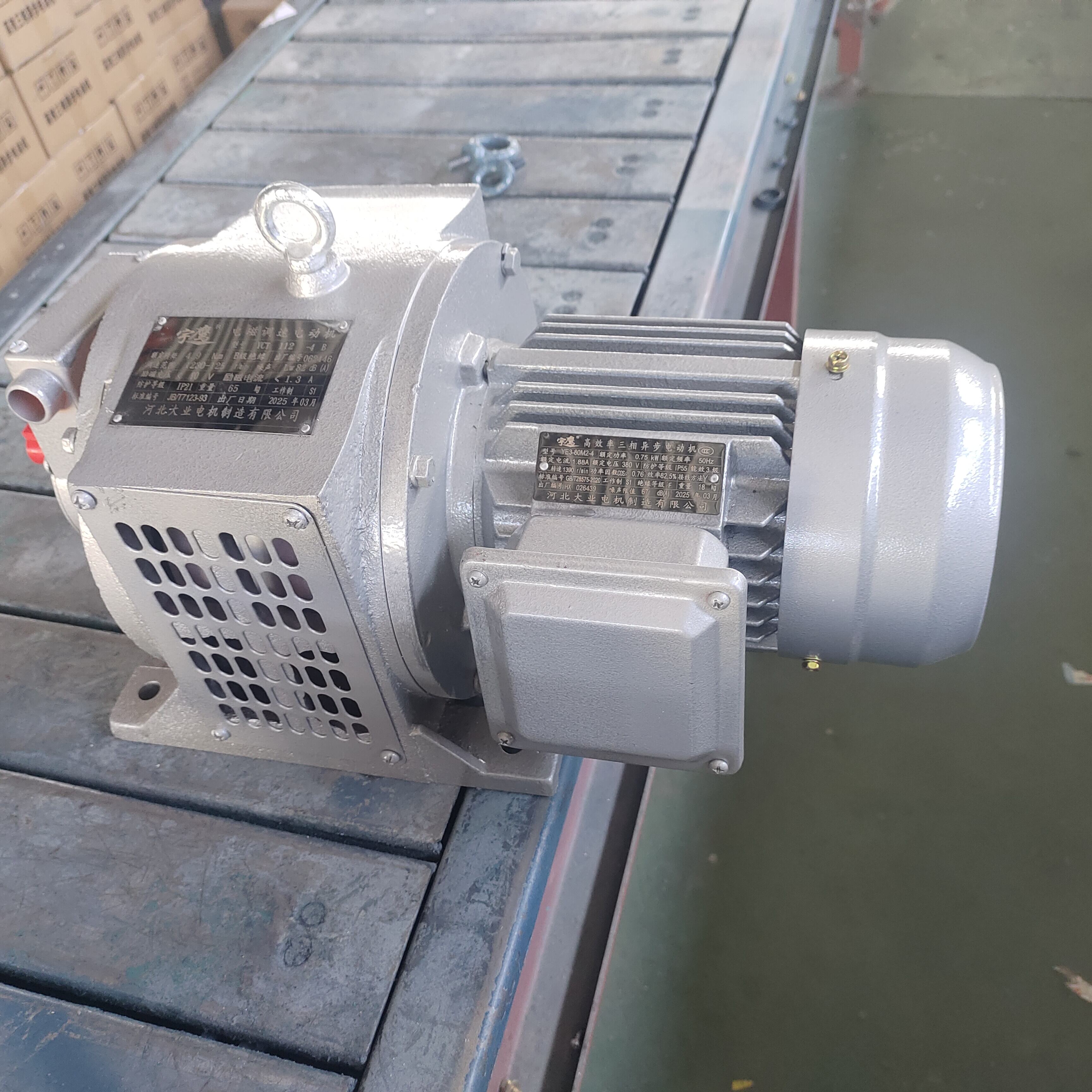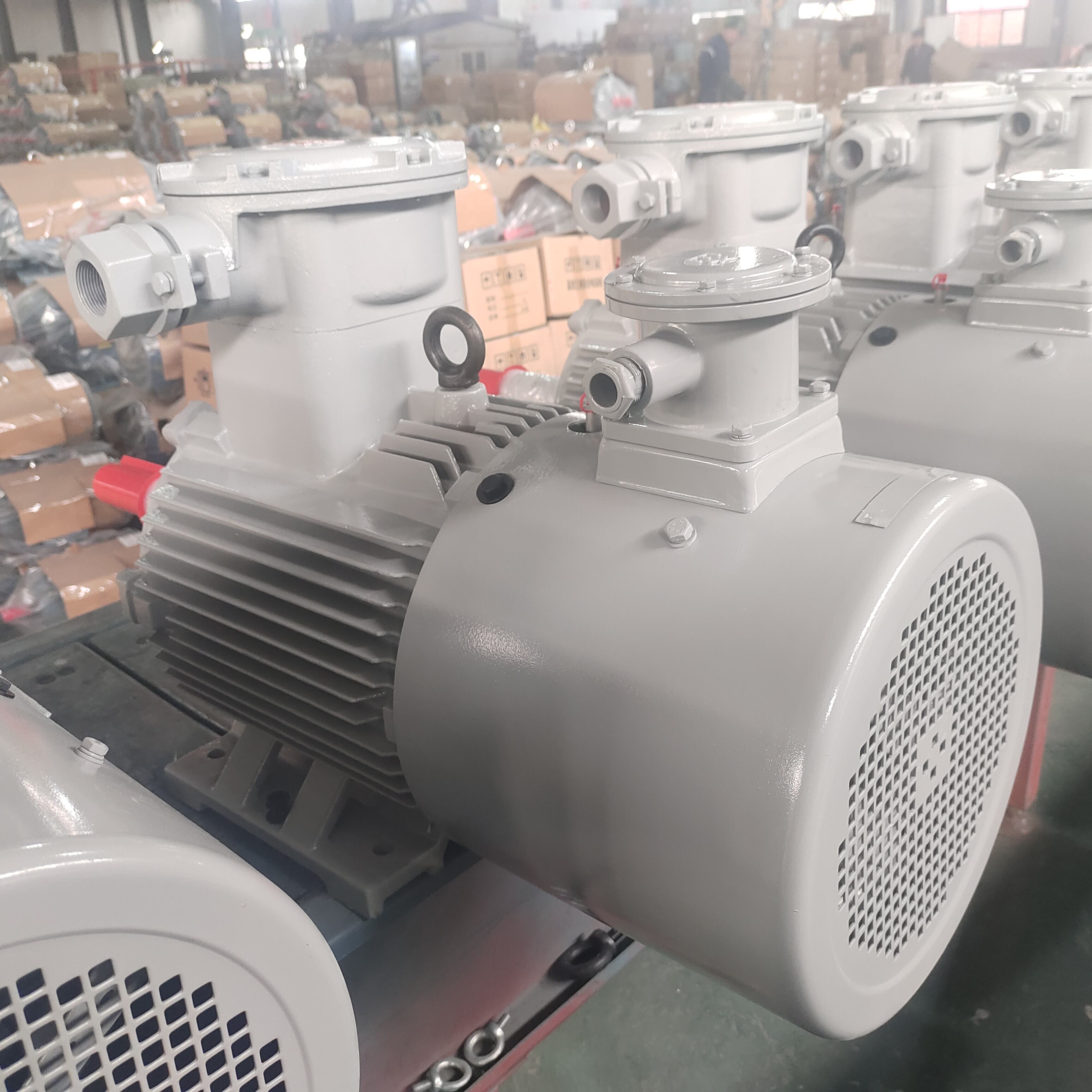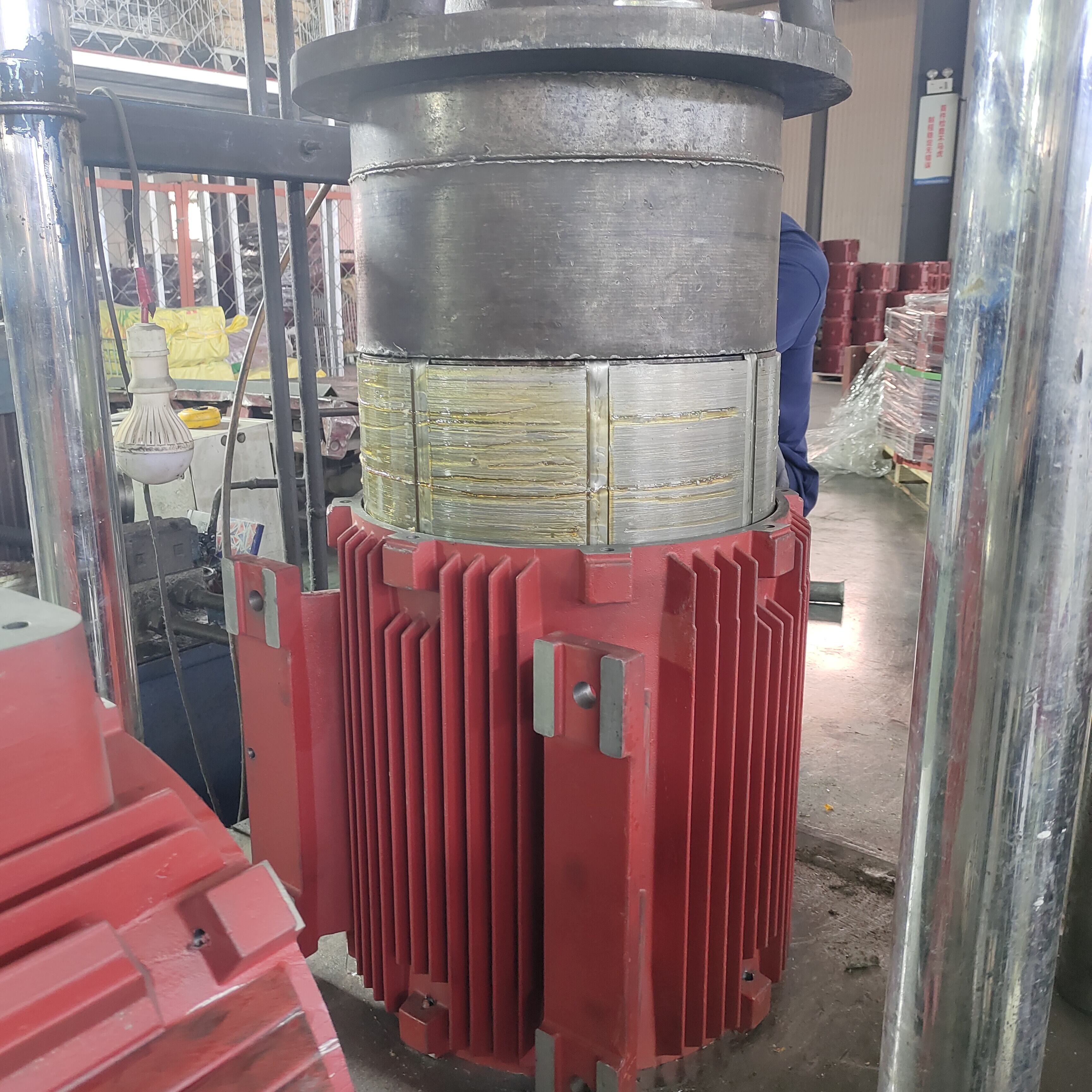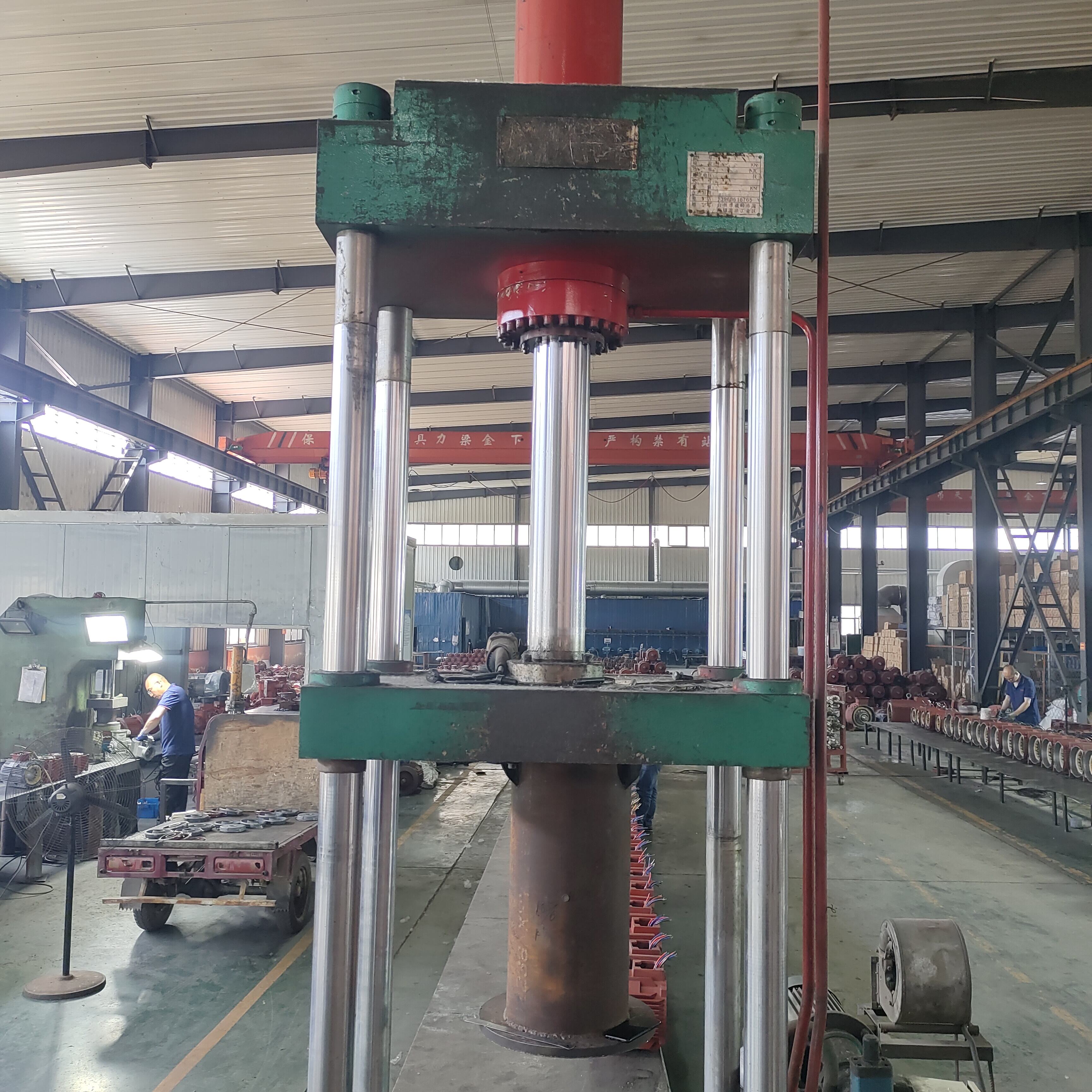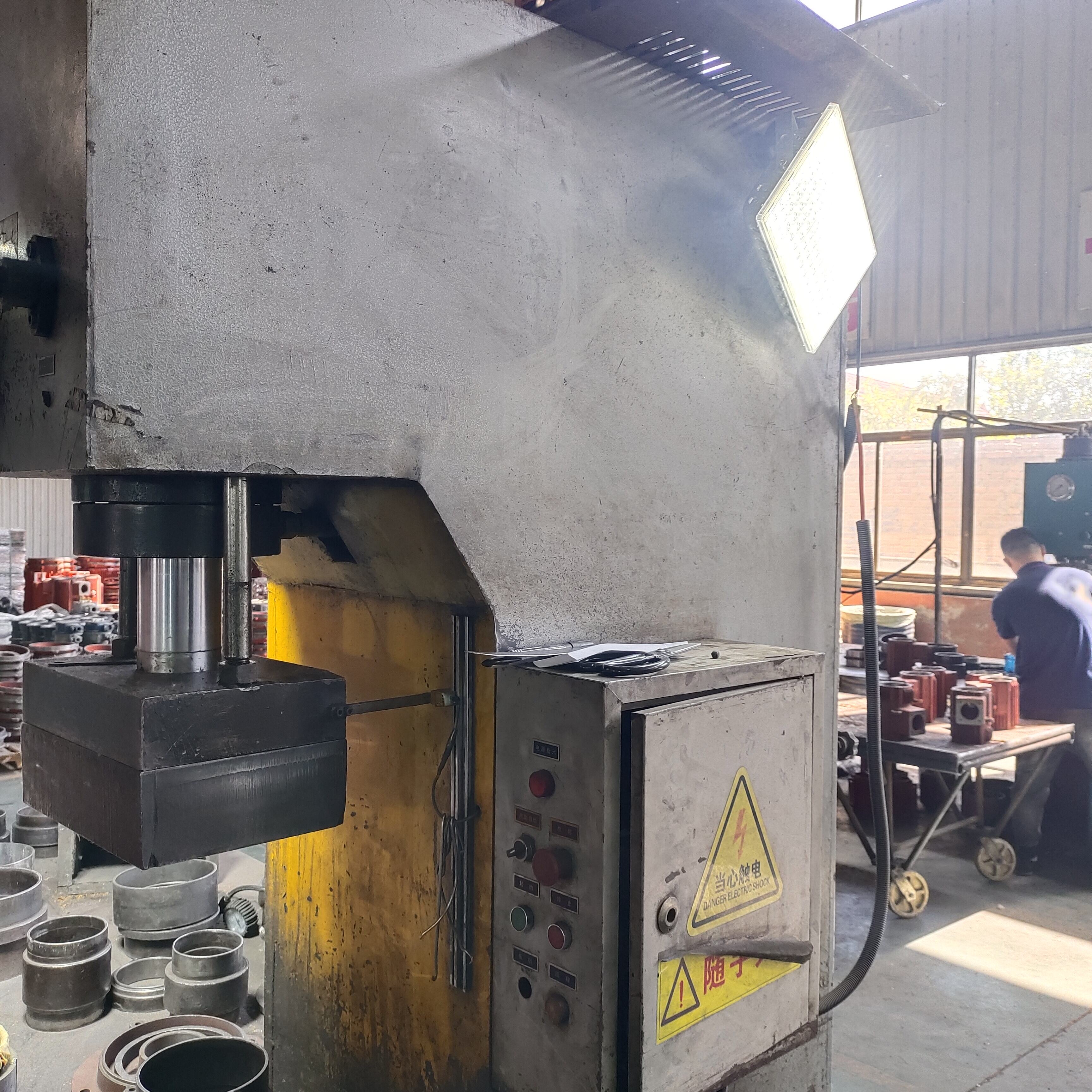new die casting
The new die casting represents a revolutionary advancement in precision manufacturing technology, transforming how industries approach metal component production. This innovative process combines cutting-edge engineering with enhanced automation to deliver superior results across multiple applications. The new die casting system incorporates advanced pressure control mechanisms, intelligent temperature regulation, and real-time monitoring capabilities that ensure consistent quality output. Unlike traditional methods, this technology utilizes sophisticated injection systems that minimize material waste while maximizing production efficiency. The process begins with molten metal being injected into precisely engineered molds under controlled pressure conditions. The new die casting technology features enhanced cooling systems that reduce cycle times significantly, allowing manufacturers to increase throughput without compromising quality standards. The system includes integrated quality control sensors that monitor every aspect of the casting process, from metal temperature to injection pressure and cooling rates. These technological features enable the production of complex geometries with tight tolerances that were previously impossible to achieve. The new die casting finds extensive applications in automotive manufacturing, aerospace components, electronics housings, medical devices, and consumer goods production. The versatility of this technology makes it suitable for producing everything from small intricate parts to large structural components. Industries benefit from the ability to create lightweight yet durable components that meet stringent performance requirements. The new die casting process supports various metal alloys including aluminum, zinc, magnesium, and specialized alloys designed for specific applications. This flexibility allows manufacturers to select optimal materials based on their unique performance criteria and cost considerations.

